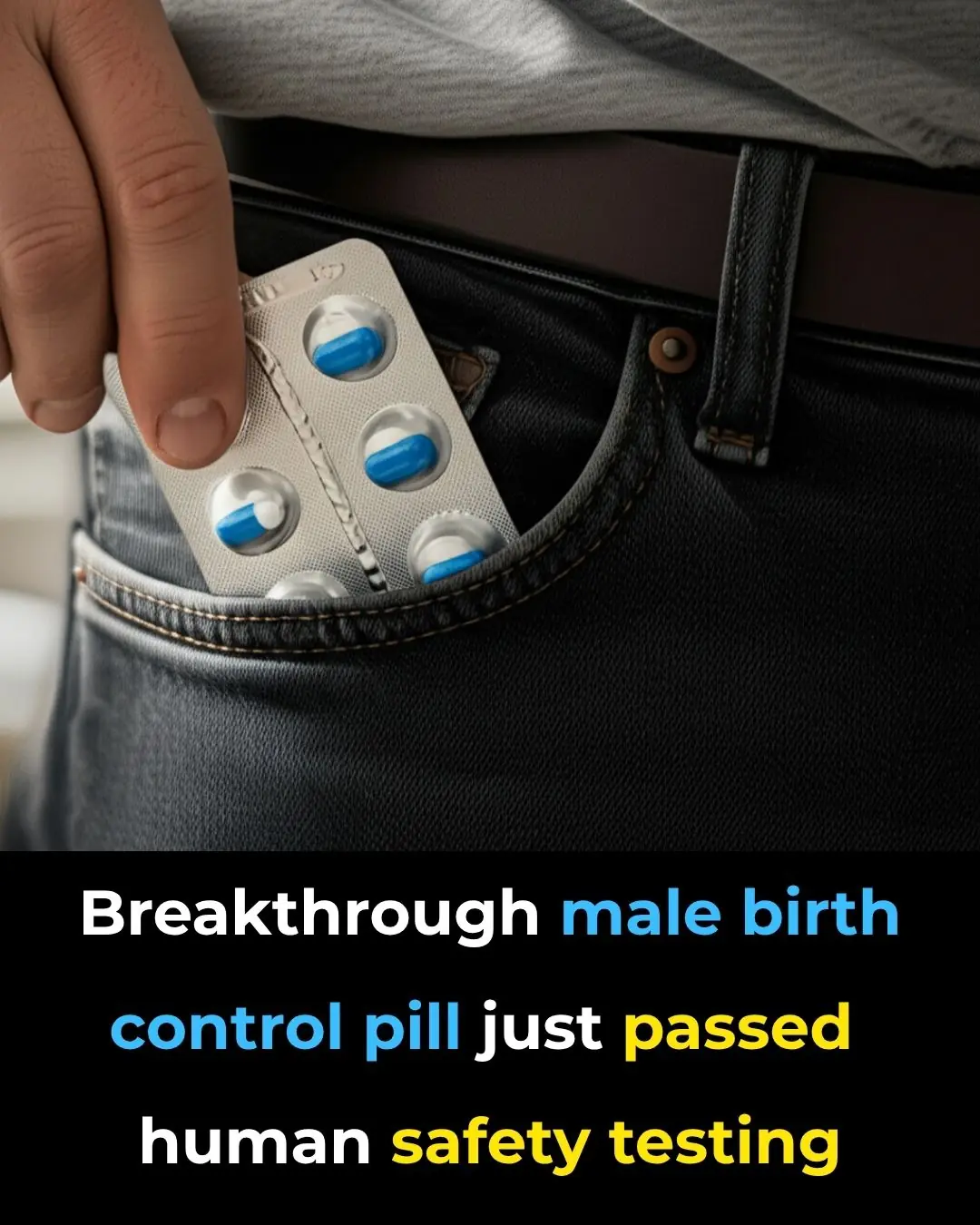
High Blood Sugar Warning Signs
16 Warning Signs of High Blood Sugar You Should Never Ignore
High blood sugar, often linked to diabetes, can silently affect your health long before any formal diagnosis is made. In today’s world, where processed foods and sugary beverages dominate many diets, recognizing the early symptoms of elevated blood glucose is more critical than ever. Early intervention can make a significant difference in preventing long-term complications.
Disclaimer: This article is for informational purposes only and is not intended to provide medical advice. Please consult a qualified healthcare professional if you have health concerns.
1. Frequent Urination (Especially at Night)
While drinking fluids before bed can cause nighttime trips to the bathroom, persistently needing to urinate—especially at night—may be a warning sign of high blood sugar. This happens because your kidneys work overtime to remove the excess glucose from your bloodstream, resulting in more frequent urination. If left unchecked, this can lead to dehydration and even urinary tract infections (UTIs).
2. Blurred Vision
Temporary blurred vision isn’t always due to vision problems. When blood sugar levels rise, the lenses in your eyes can swell, changing their shape and affecting your ability to focus. This kind of vision change is usually reversible if blood sugar levels are brought under control, but prolonged neglect could lead to permanent damage.
3. Difficulty Focusing and Brain Fog
High blood sugar interferes with your brain’s access to fuel. Without sufficient insulin to transport glucose into cells, the body—and brain—can’t function efficiently. This can lead to trouble concentrating, confusion, and decreased mental sharpness, often described as “brain fog.” In extreme cases, dangerously high blood sugar can even lead to diabetic ketoacidosis, a life-threatening condition.
4. Dry Mouth and Dehydration
Elevated blood sugar causes your body to lose more fluid through increased urination, leaving you feeling parched. Your mouth may feel sticky or dry, and your tongue may feel rough. Persistent dry mouth can lead to dental issues like gum disease and bad breath.
5. Erectile Dysfunction (ED)
In men, chronic high blood sugar can damage the blood vessels and nerves essential for normal sexual function. This often results in erectile dysfunction, which may be one of the earliest signs of undiagnosed diabetes or insulin resistance.
6. Frequent Infections
A weakened immune system, caused by high blood sugar, makes the body more susceptible to infections—especially yeast infections, skin infections, and urinary tract infections. Endocrine gland imbalances, including the thyroid and adrenal glands, may also become dysfunctional under prolonged sugar stress.
7. Slow Wound Healing
If you notice that cuts or bruises take longer than usual to heal, it could be due to impaired blood circulation and nerve damage associated with elevated blood sugar. This can increase the risk of complications, particularly in the feet and lower limbs.
8. Digestive Issues and Stomach Problems
High blood sugar can delay stomach emptying, a condition known as gastroparesis. Symptoms include bloating, nausea, stomach pain, and even vomiting. If you feel full after just a few bites of food, don’t ignore it—it could be more than just poor digestion.
9. Constant Fatigue and Sleepiness
When your body is unable to efficiently use glucose for energy, it results in chronic fatigue. You may feel exhausted even after a full night’s sleep. Low thyroid hormone levels and infections also sap your energy reserves, compounding the feeling of tiredness.
10. Excessive Thirst
Your body tries to rid itself of excess sugar by pulling water from tissues, leaving you feeling thirsty all the time. No matter how much water you drink, the thirst doesn’t go away—this is one of the most telling early signs of diabetes.
11. Dry and Itchy Skin
Poor circulation caused by high blood sugar often results in dry, itchy skin, especially on the lower legs and arms. In some cases, this may also be accompanied by rashes or small patches of darkened skin, known as acanthosis nigricans.
12. Constant Hunger (Polyphagia)
Despite eating frequently, you may feel perpetually hungry if your body isn't properly using insulin. This happens because glucose isn’t entering the cells where it’s needed for energy, so your body keeps signaling hunger. It can also stem from a hormone imbalance, especially involving incretin, which regulates insulin secretion and appetite.
13. Weight Gain Around the Abdomen
Excess belly fat is strongly linked to insulin resistance and an increased risk of type 2 diabetes. This “visceral fat” surrounds your organs and contributes to inflammation, further raising blood sugar levels.
14. Nerve Pain or Tingling Sensations
Nerve damage, or diabetic neuropathy, can result from prolonged exposure to high blood sugar. You might experience numbness, tingling, or even sharp pain—often beginning in the feet or hands and progressing upward. Left untreated, this can lead to serious complications, including loss of mobility.
15. Skin Discoloration or Growths
Darkened areas of skin, especially on the neck, elbows, knees, or knuckles, may be signs of insulin resistance. These thick, velvety patches are more than a cosmetic issue—they’re a visible sign your body may be struggling to regulate sugar properly.
16. Tingling or Numbness in Extremities
Often described as “pins and needles,” this sensation can affect your hands, feet, arms, or legs and may be an early indicator of nerve damage due to high blood sugar. It’s essential to monitor this symptom and consult a doctor if it persists.
Final Thoughts
Early detection of high blood sugar symptoms can dramatically reduce your risk of complications like heart disease, kidney failure, vision loss, and nerve damage. Don’t ignore the signs—listen to your body. Small lifestyle changes and regular checkups can go a long way in managing your blood sugar levels and improving overall health.
Are you experiencing any of these symptoms?
Share your thoughts in the comments below or talk to your doctor today.
News in the same category


Medicinal Health Benefits of Garlic (Raw, Supplement) – Science Based
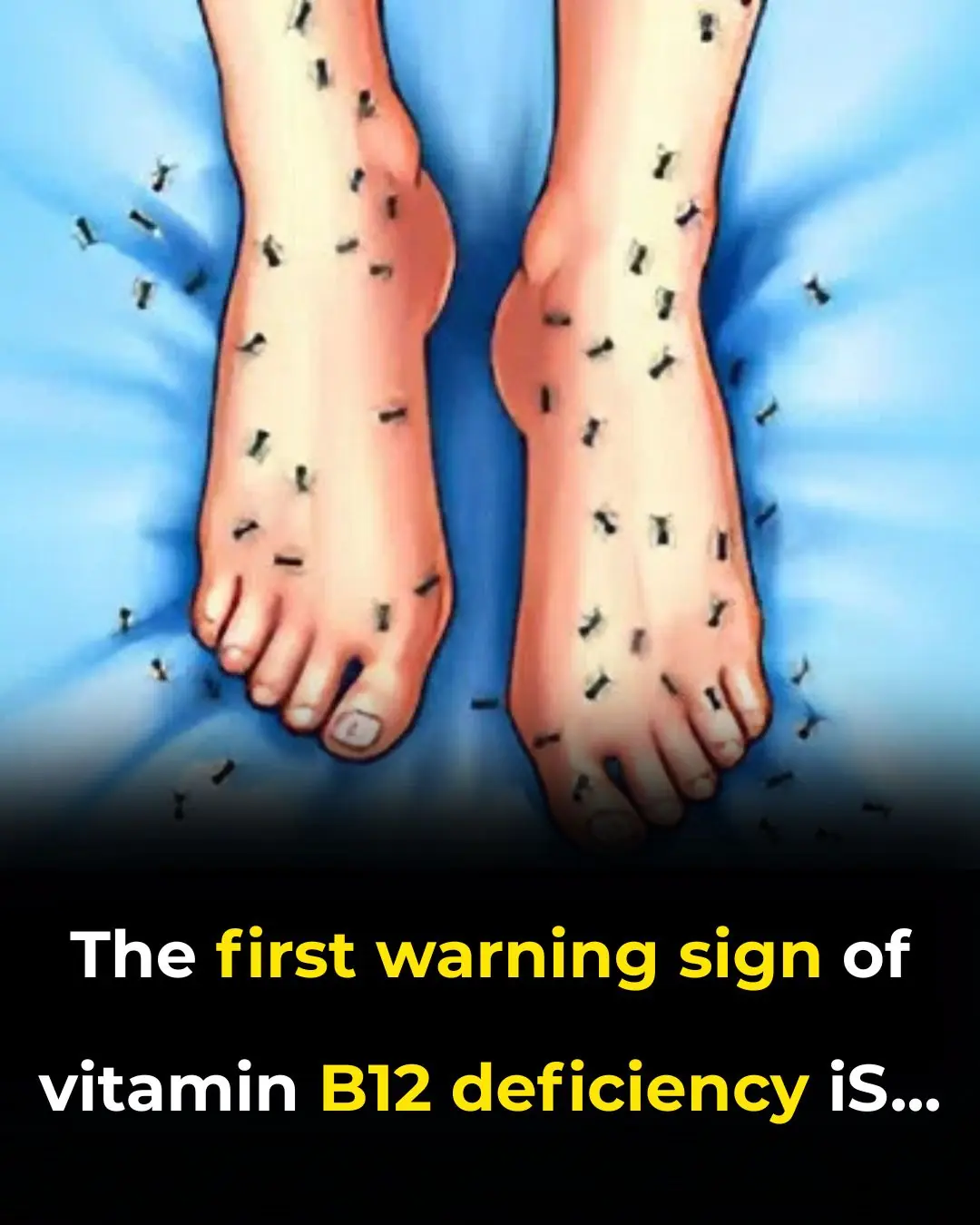
Warning Symptoms of Vitamin B12 Deficiency and How to Fix It
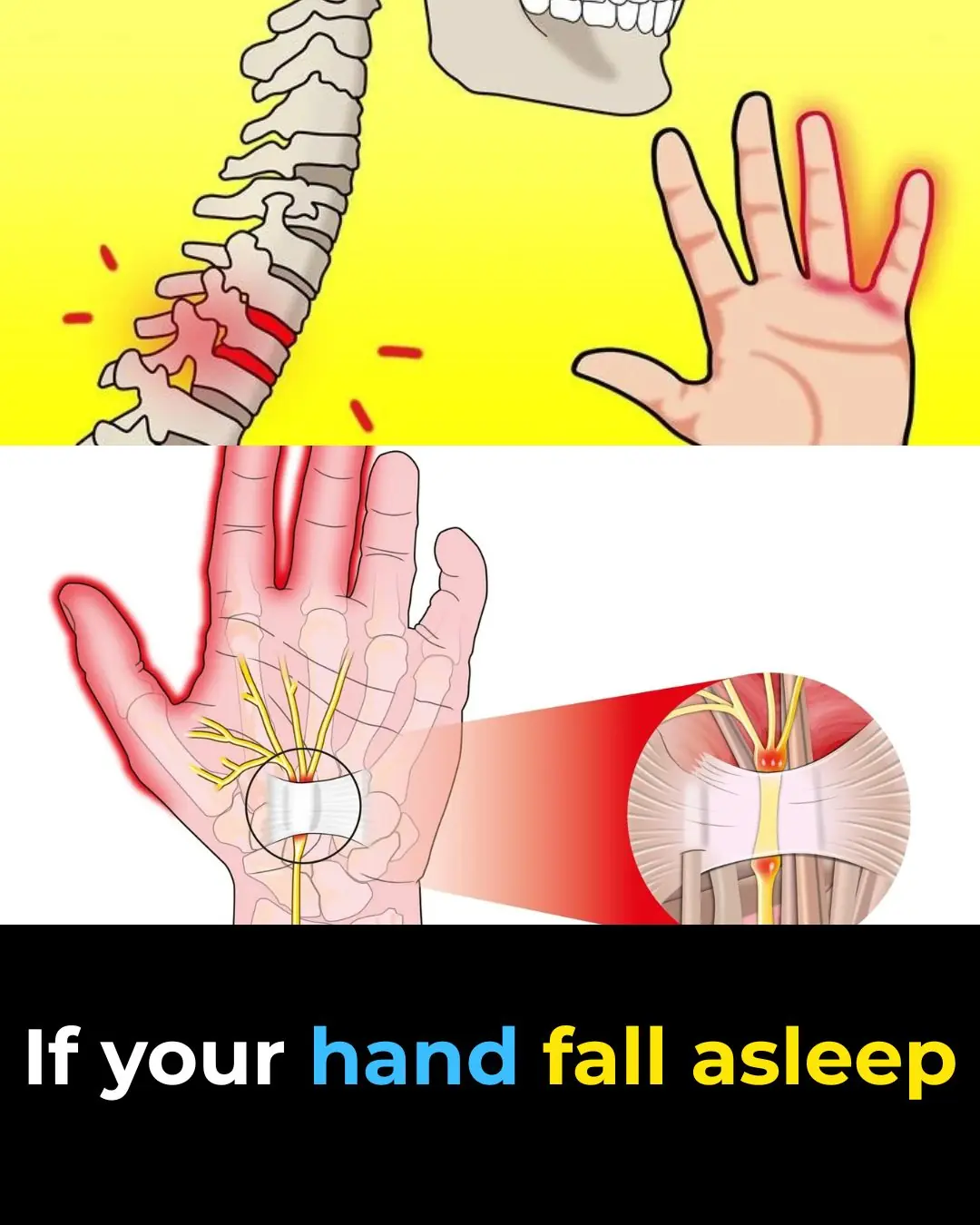
Tingling Sensation In Your Body: Why Does It Happen
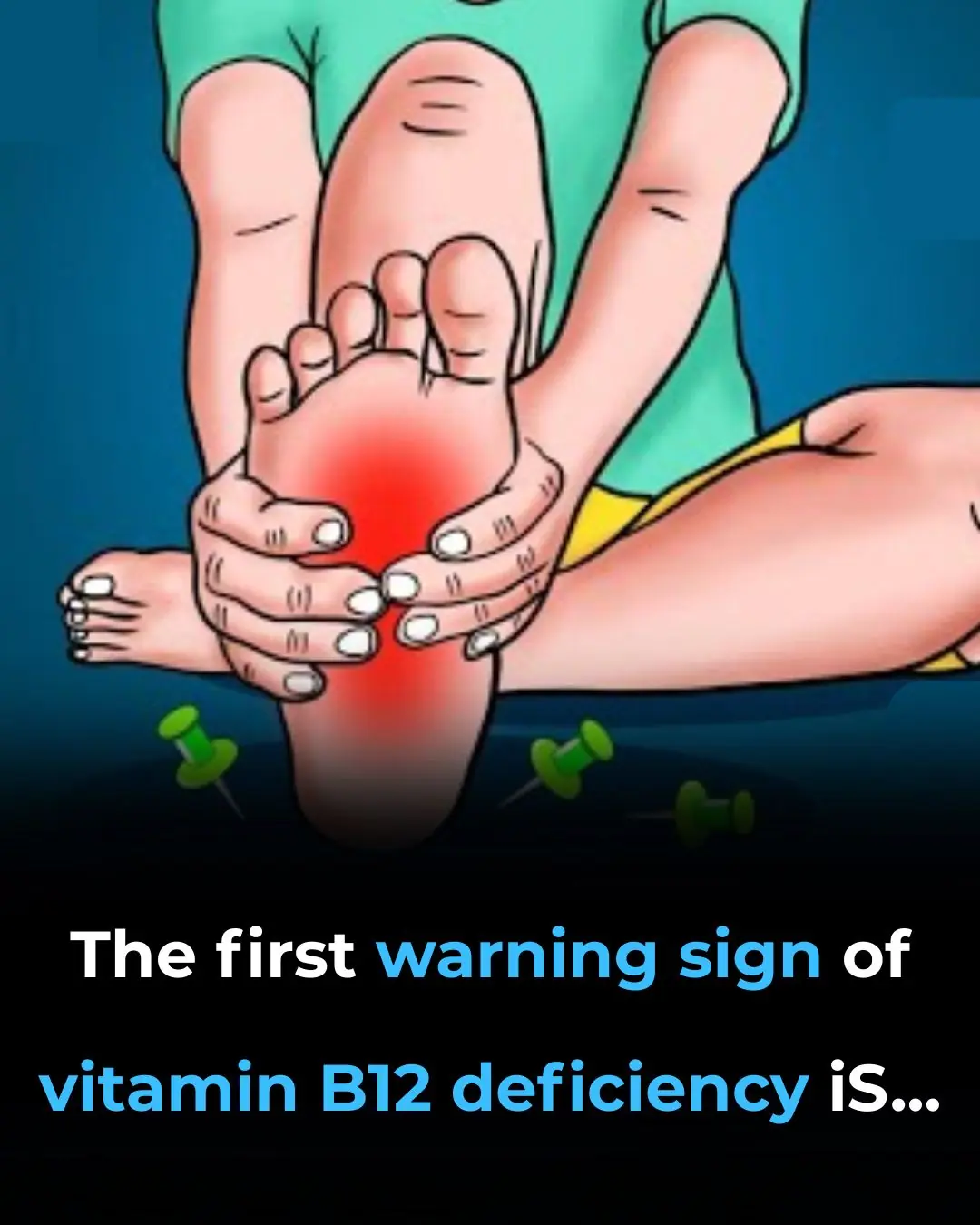
Top Signs of Iron Deficiency and How To Increase Iron Levels In Your Blood

Doctors Suspected Baby Had Mouth Tumor—The Shocking Truth Left Them Speechless
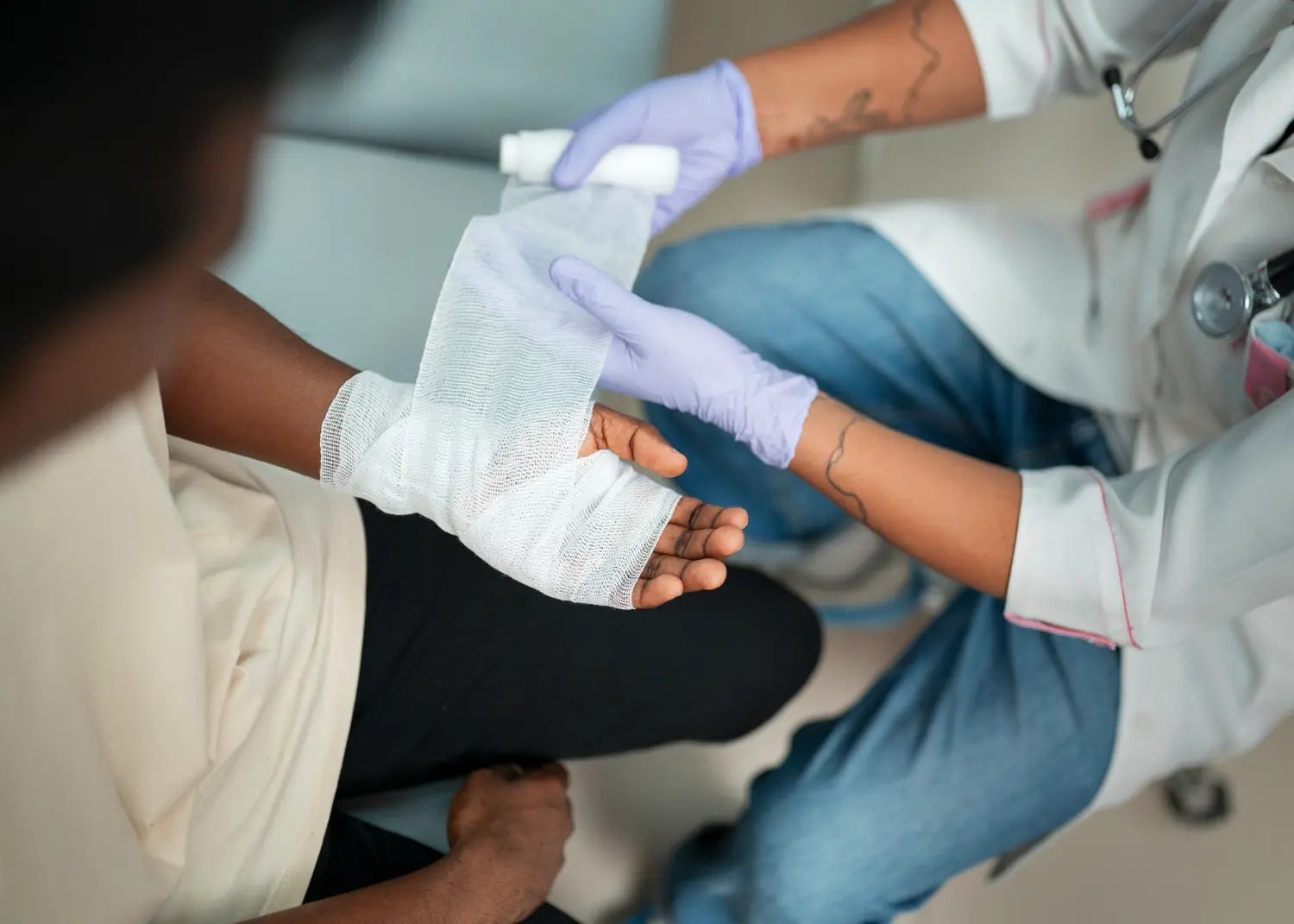
Why Some People Never Break A Bone—3 Wild Theories Explained
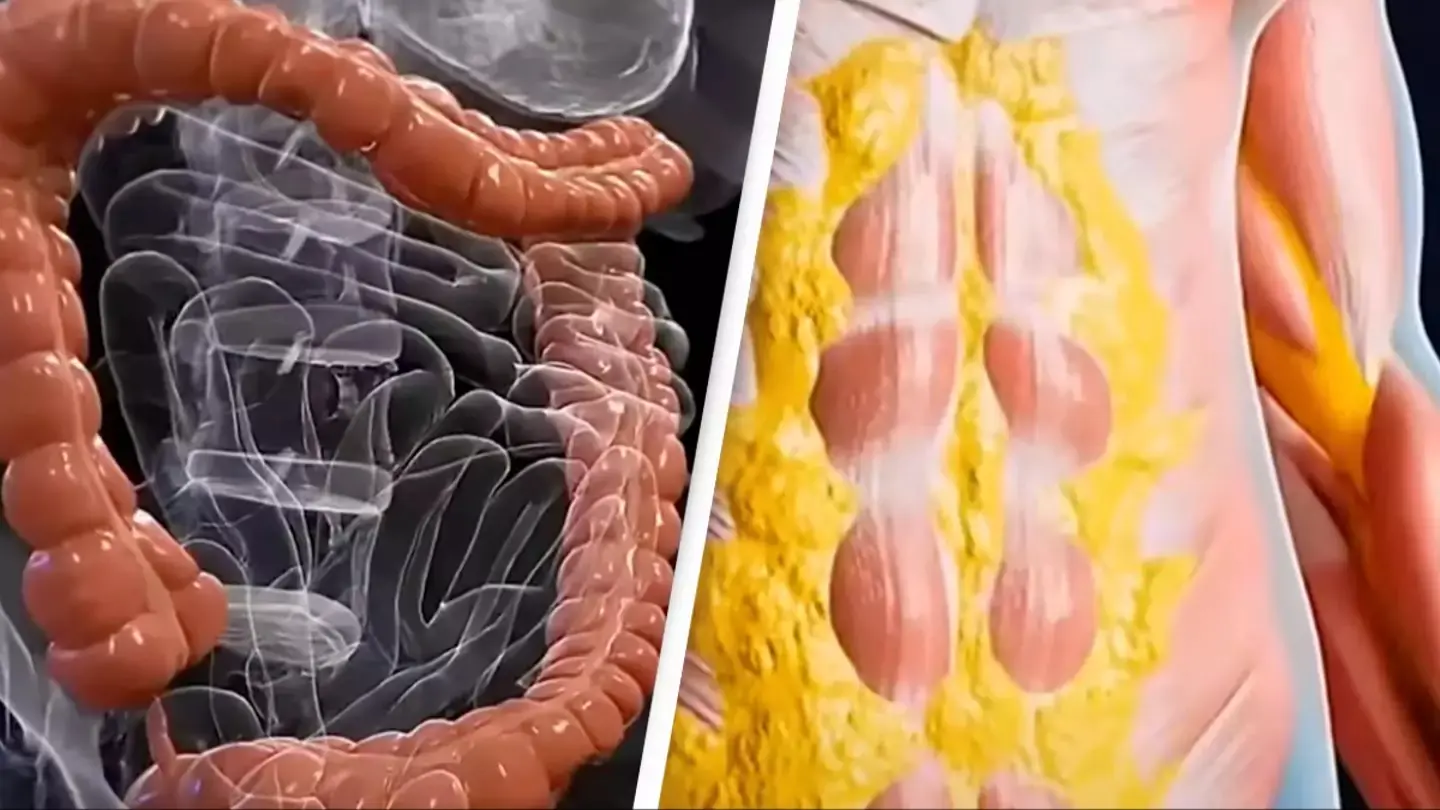
JAW DROPPING SIMULATION SHOWS WHAT HAPPENS TO YOUR BODY WHILE FASTING FOR 36 HOURS TO ACHIEVE 'FULL RESET'

6 Health Benefits of Sleeping In a Cold Room and How to Make it Cooler- And Why You May Not Want to Use a Fan

Dentists Explain What Those Black Triangles Are Between Your Teeth
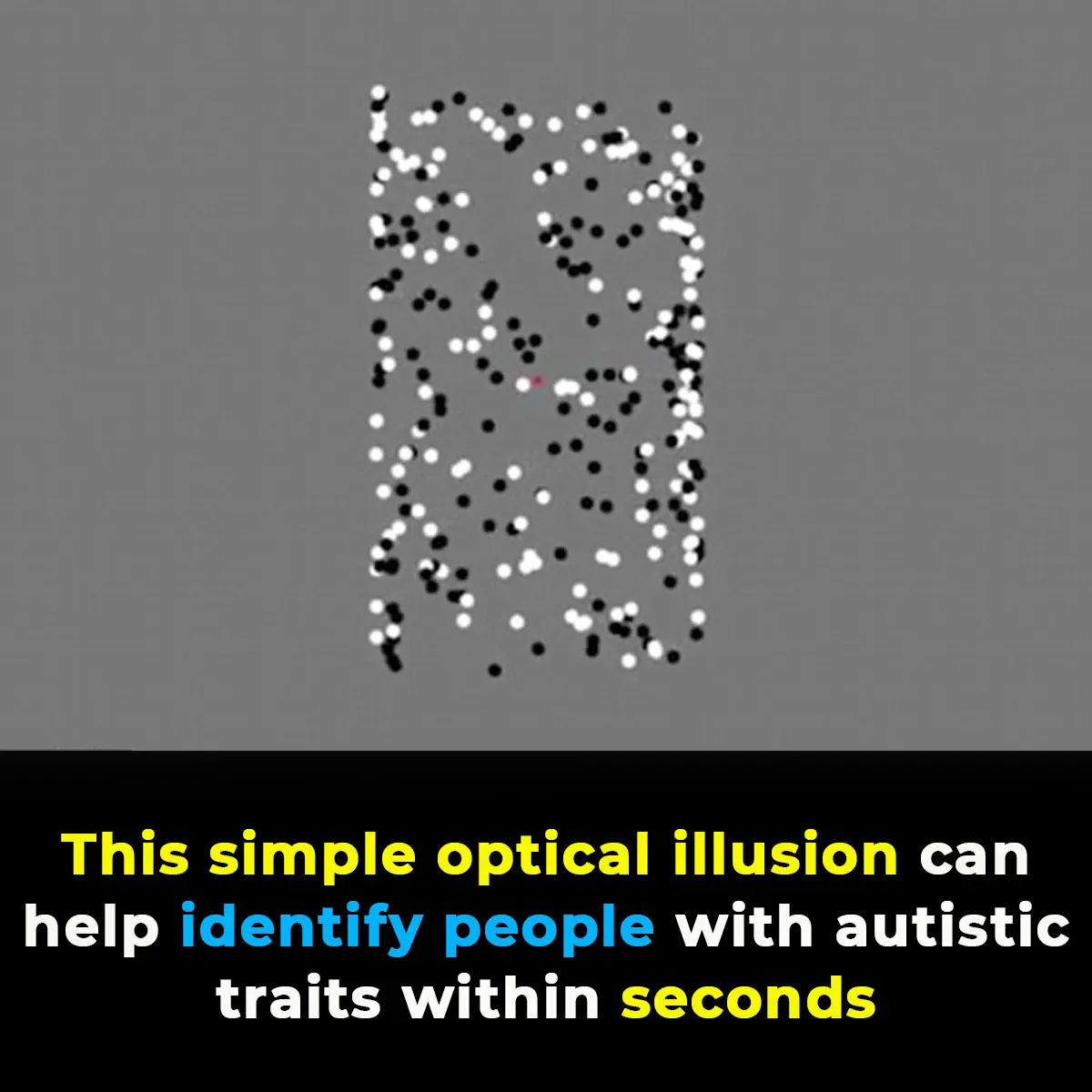
This optical illusion may help identify autistic traits in seconds
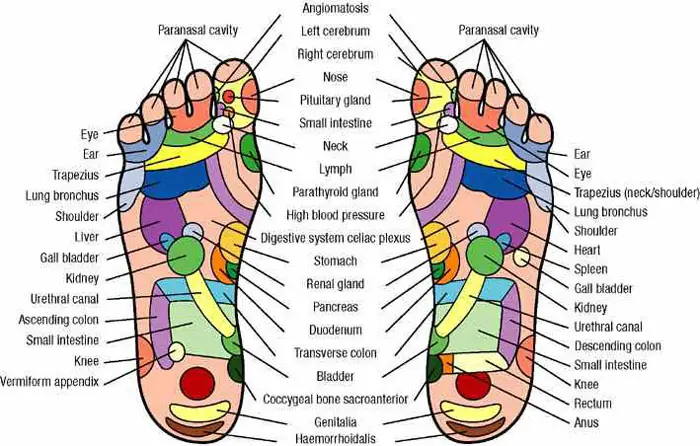
Pressure Points in Your Feet: Use This Foot Massage Chart for Pain Relief

8 Ways To Get Rid Of Phlegm And Mucus In Chest And Throat

Doctor Reveals Surprising Thing That Occurs When You Don’t Eat – and It’s The ‘Opposite’ of What Most People Think

10 Signs You May Have Kidney Disease

This is what sleeping on the left side does for our brain, stomach & glymphatic health

This Is What Happens When You Eat Too Much Sugar—#7 Will Sh0ck You!
Learn to recognize the red flags of sugar overload before it sabotages your health

Heart Surgeon Reveals 4 Foods You Should ‘Always Avoid’ That Will ‘Poison’ Your Body

Natural Skin Care: What Can You Try To Remove Age Spots, Moles, Skin Tags, Warts, And Blackheads?
News Post

Scientists just found a breast cancer-killing molecule in scorpion venom

‘Beloved’ lion is shot dead after being lured from reserve by trophy hunter in chilling $46k kill

Breakthrough male birth control pill just passed human safety testing

Elderly Woman Divorces Her Husband after 50 Years of Marriage, but She Later Regrets It – Story of the Day

Elon Musk uses single emoji to reveal if he thinks Trump will pardon Ghislaine Maxwell

I Met My Husband and His Mistress at a Public Pool – I Wanted to Teach Him a Lesson, but Karma Had Other Plans

A Week Ago, My House Was Robbed — Today, My Son (Who Doesn't Have a Job) Bought Himself a Sports Car

My MIL Gave My Husband Papers to Divorce Me as a Birthday Gift – What He Did Next Left Everyone Speechless

I Came Home to Find My Kids Sleeping in the Hallway — What My Husband Turned Their Bedroom into While I Was Away Made Me Feral

My Ex-MIL Demanded Receipts for Every Dollar of My Child Support Payments That I Spend

After his wife’s funeral, a father, devastated by grief, took his son to the sea to distract him.

Fake Honey Is Taking Over Store Shelves — Here’s How to Tell What’s Genuine

Daddy, that waitress looks just like Mommy!” The words hit James Whitmore like a shockwave. He turned sharply—and froze. His wife had died.

Experts claim mankind will die in world-ending ‘cosmic hell’ revealing the exact time the horrific event will occur

— Where did such a huge bill come from? Honey, are you sure no one is stealing our electricity?” I asked in surprise.

Swap apartments temporarily with my daughter! She just had a son!” — the mother-in-law “forgot” that temporarily means forever

Parents plan funeral for 10-yr-old with cancer – She then opens her eyes and says something that leaves them stunned

After I Saw The Baby My Wife Gave Birth To, I Was Ready To Leave Her — But Then She Said, “There’s Something I Need To Tell You.”

Medicinal Health Benefits of Garlic (Raw, Supplement) – Science Based

Mom Sells Old Stroller to Feed 4 Kids, Finds It on Her Doorstep the Next Day with Note Inside – Story of the Day
A pregnant mother of three needs to sell her stroller to feed her three children after she was abandoned by her husband.